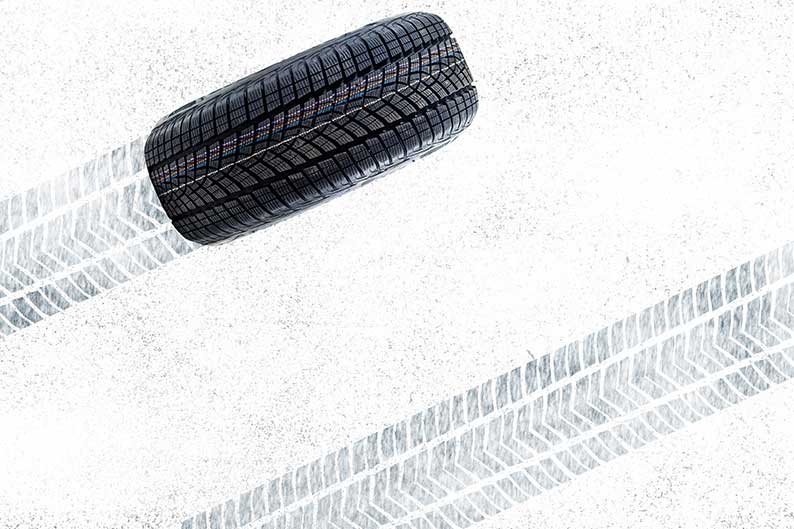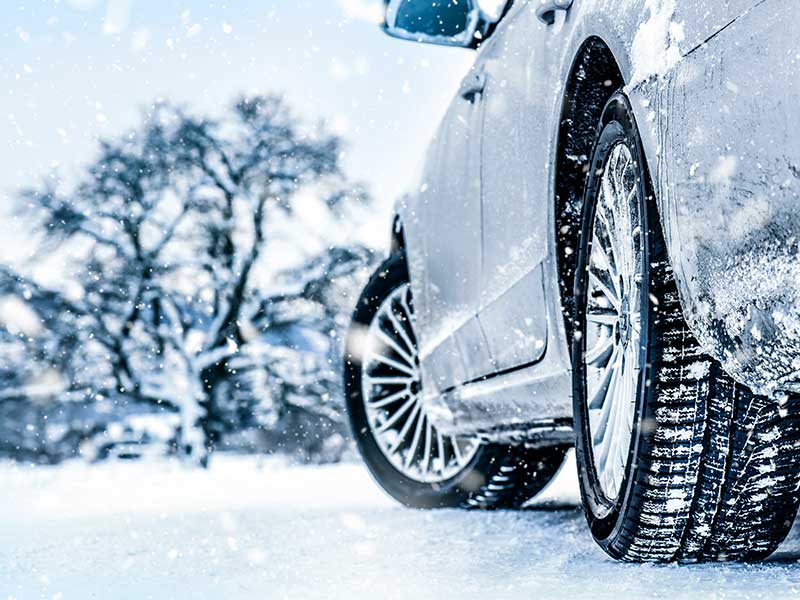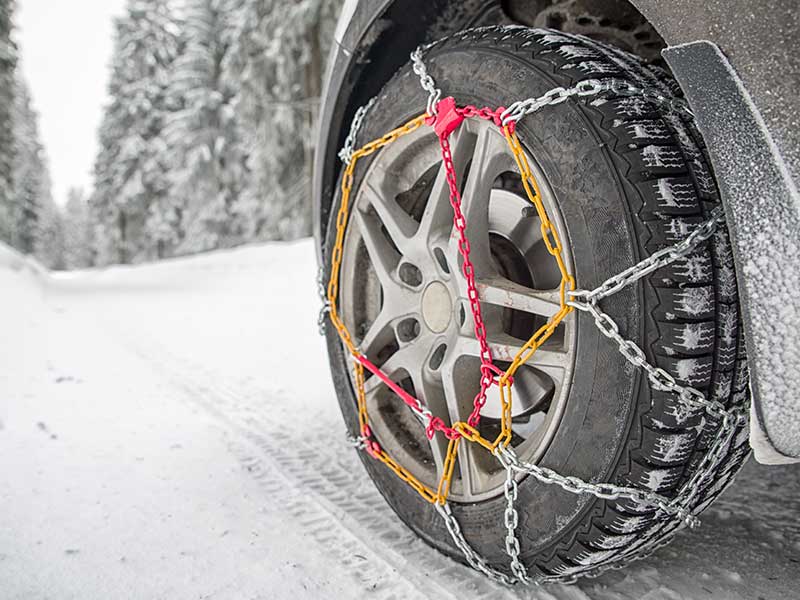
Winter Tires vs All Season Tires
Choosing Winter Tires vs. All-Season Tires
If you’re an avid car fanatic or take excellent care of your vehicle, you know that changing your regular tires for snow tires during the winter months is necessary and the best way to keep safe on the road during times of drastically changing weather conditions. In Ontario, winter tires aren’t demanded by law, like in other provinces like British Columbia and Quebec. However, local authorities still recommend and encourage them as a safety measure.
Even if you live in a province where winter tires aren’t required by law, snow tires are a conscious decision that every car owner should take in regions of heavy snowfall and rapidly changing cold weather.
The great debate between winter tires vs. all-season tires is constantly discussed. In this article by Amarz Muffler & Auto Service, we will examine the difference between winter tires and all-season tires, their uses, and why it’s essential to consider the tire upgrade this winter season.

What are Winter Tires?
Also known as snow tires, winter tires are designed to be used on snowy and icy roads. They had a thread design with longer gaps that increase traction on these surfaces and optimized for temperatures below 7 °C. Unlike conventional tires, winter tires have metal or ceramic studs that improve the quality of their traction on hard-packed snow and ice and provide resistance against accidental slippage. They can also operate on other surfaces like wet or dry pavement and mud.
What are All Season Tires?
On the other hand, all-season tires have smaller gaps and typically work for asphalt and other concrete surfaces. Their lack of ceramic or metal studs makes them quieter on clear roads, but they’re drastically less successful in snow or ice. Some all-season tires have an M+S rating (mud and snow), with a better tread design for increased traction to make the most out of your tires with the best performance in all weather conditions, but these tires rarely have the longevity or success rate that winter tires have.
So What’s the Difference?
All-Season Tires: They have a rubber compound prone to hardening in cold weather. They are, therefore, less malleable and more prone to causing accidents and driving difficulties. Their tread design is for traction in dry and wet conditions. Have grooves for water evacuation.
Winter Tires: Their rubber compound stays flexible in freezing weather. The tread design provides traction in ice, slush, and snow and contains more sipes for this purpose. Their stud holes or pre-installed studs improve performance on icy and snowy roads. They may be prohibited during warmer months because of the damage they may cause to road surfaces.
Are Winter and Snow Tires Necessary?
In short, not in Ontario. Our local traffic regulators don’t require snow tires during the winter months. However, other provinces do require them. In Quebec, winter tires are needed between December 15 and March 15, and some parts of British Columbia require them between October 1 and March 31. You can check your local winter traffic guidelines here.
Although they aren’t demanded by law, there are still incentives to choose between winter tires and all-season tires in Ontario. Some insurance companies will lower their premium by about 5% because of the reduction in injury-causing road accidents by 36%.
If you’re planning on staying safe on the road, reducing your chances of slipping, planning a trip somewhere with heavier snowfall or where traffic regulations require winter tires, investing in snow tires is always a wise decision.

When Should I Change My All Season Tires?
Your tire changing should occur according to your local regulations. However, when any temperature drops below 7°C, it’s essential to make the switch.
Can I Buy Chains Instead of Snow Tires?
Tire chains are sometimes required depending on where you live or what you’re using your vehicle for, like traveling in the mountains or on extremely icy roads, but they aren’t made for driving on pavement or highways. Installing snow tires is still the best practice during extreme winter conditions.
Still on the Fence?
Your nearest automotive shop can advise you on your dilemma of winter tires vs. all-season tires. At Amarz Muffler & Auto Service, we would love to be of assistance and help you pick the best snow tires for your vehicle. Call us at (905) 564 0090, and we’ll be happy to book you for a winter maintenance service.
